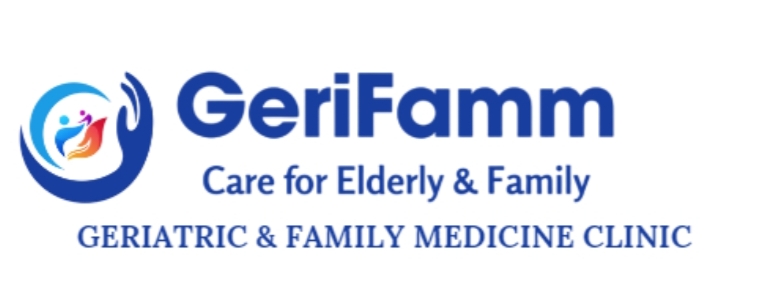Ensuring the safety of seniors at home and while they go about their daily activities is crucial for their well-being. Our focus is on overhauling their living spaces to prevent falls, keeping up with routine health check-ups, and providing nutritional tips. By increasing physical stability through regular exercises and balancing diets, we can contribute to the overall health of our loved ones. Let’s explore these practical senior safety tips.
Introduction
As our loved ones age, ensuring their safety becomes a top priority to enhance their quality of life. Senior safety is crucial not just at home, but also in their daily routines. It involves creating safer living spaces and promoting regular health check-ups. Enhancing their diets for better nutrition is equally important. Focusing on these areas—physical stability, consistent health assessments, and balanced nutrition—helps prevent accidents and health issues, ensuring seniors lead happier, healthier lives. By implementing simple senior safety tips, we safeguard their independence and peace of mind.
Ensuring Fall Prevention: Strategies to Secure Home & Living
Assessing & Improving Home Safety for Seniors
Creating a safe environment at home is the first step to ensuring the safety of seniors. Common household hazards include inadequate lighting and clutter. Remedy these by making homes easy to navigate, like adding grab bars in bathrooms and using anti-slip mats. These simple changes can drastically reduce fall risks, making home safety for seniors a reality.
Boosting Balance and Mobility: Exercises for Older Adults
Physical exercises can significantly enhance balance and stability among older adults. Promoting activities like Tai Chi and strength training aids physical fitness. These exercises not only help prevent falls but also enhance confidence. Encouraging regular participation in such movements is crucial for senior safety.
Selecting Assistive Devices: Enhancing Confidence in Movement
Assistive devices play a vital role in maintaining independence. From canes to walkers, these aids boost mobility and confidence. It’s important to choose the right device that fits individual needs, ensuring that seniors feel secure and supported at all times.
Routine Health Check-Ups & Vaccine Importance
Scheduling Essential Health Screenings for Seniors
Regular doctor visits are essential for early detection of health problems. Routine screenings for blood pressure, cholesterol, and bone density are recommended. These help in identifying potential health issues, allowing for swift intervention and contributing to the overall senior safety and well-being.
Keeping Vaccines Updated: A Shield Against Infections
Vaccines are critical in preventing diseases. Keeping up with vaccinations like flu and pneumonia shots can protect seniors from serious health complications. Prioritizing immunization is an act of responsibility towards maintaining their health.
Nutritional Guidance: Ensuring Balanced Diets and Hydration
Building a Senior-Friendly Balanced Diet
A balanced diet is fundamental to senior health. It should include essential nutrients like proteins, healthy fats, and fibre. Simple meal adjustments can make a big difference in nutrition. Planning meals with these nutrients helps ensure seniors receive necessary dietary needs.
Staying Hydrated: Tips for Maintaining Proper Fluid Balance
Hydration plays a key role in senior safety, preventing complications like dehydration. Seniors can maintain proper fluid balance with practical tips: keeping a water bottle handy, setting reminders, or consuming moisture-rich foods. These habits encourage consistent water intake.
Considering Cultural Dietary Preferences
Incorporating traditional Indian meals can meet seniors’ dietary needs while respecting cultural preferences. Recipes like vegetable casseroles or spiced lentil soups can be adapted for simplicity and nutrition. It’s about balancing taste and health effortlessly.
Securing homes against potential hazards, encouraging physical activities, and choosing the right assistive devices strengthen your loved ones’ confidence. Keeping up with health check-ups and vaccines adds additional safety. Balanced nutrition and adequate hydration play significant roles. Implementing these simple senior safety tips can immensely enhance their lifestyle. Regular consultations and professional health assessments ensure ongoing safety and well-being.

